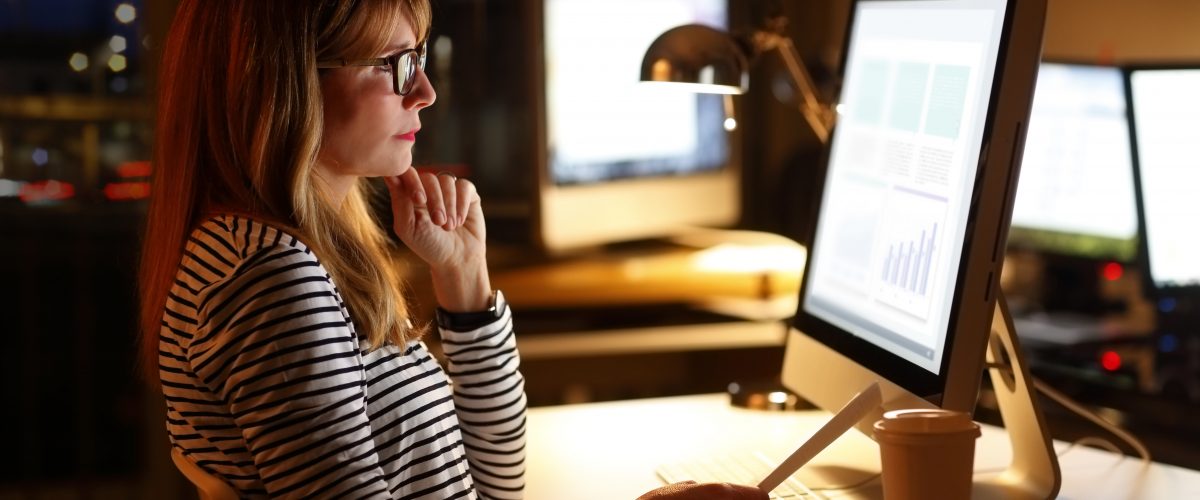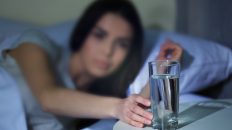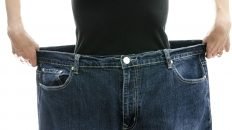By Virginia Gurley, MD, MPH
MB (Marc Braman, MD, MPH):
Today we’re talking about nighttime lights and sleep. Dr. Virginia Gurley is with us again today. Welcome Dr. Gurley.
VG (Virginia Gurley, MD, MPH):
Thank you.
MB:
Most people feel more awake and alert when lights are on and then they get sleepy when it’s dark – I mean this is pretty obvious, how we go about life. But, is there anything else or further to know about how light affects sleep?
VG:
Yeah, well most people don’t know that the amount, the timing, and the sources of light you are exposed to during the night is key to whether or not your sleep is restful and health promoting.
MB:
Okay, so why would the light I see at night have such a powerful effect on how well I sleep?
VG:
There’s a field of research called chronobiology, which is a field that studies how well the body’s activities are timed so they all work together, and that’s showing us that nearly all physical and mental activities important to health and survival are turned on and off by the sun’s 24-hour cycle of light and dark.
When your daily and nightly exposure to light and dark are very different from the light and dark cycle of the sun, sleep and the timing of all the body’s housekeeping tasks are thrown off.
MB:
Okay, so I think we can get this concept today, we’re used to syncing things and getting everything working on the same page and it sounds like we’re out of sync with the sun. So how does the body’s way of telling time and keeping on schedule affect how well I sleep?
VG:
It turns out that shifting from light to darkness, like the shift from sunset to dusk to dark, is key to getting sleepy, and then falling asleep and staying asleep until morning.
You know, if you think about it, it’s only been in the past 100 years or so that people started using electric lights at night. And the large amount of light at night that we now have is blocking basic sleep triggers.
MB:
You’re right. We’ve hugely changed how we go about our interaction with light and our 24 hour cycle. So, lights at night keep the body from going into sleep mode? Is that what you’re saying?
VG:
Yes, exactly, but how much light at night it takes to block sleep also depends on what kind of light it is. The color of the light controls how bright it needs to be in order to block sleep, and light with blue wavelengths, or blue coloration, are the most powerful at blocking sleep.
So compact fluorescents and halogen bulbs, they give off more blue wavelength light. And the same with electronic displays like TV and computer screens, and all those alarm clock, router, and microwave displays.
MB:
So are you saying there is blue color in many lightbulbs, TV screens, computer monitors and electronic displays, and that those dim lights block sleep? Just yesterday, I was talking to my physician father and he was asking me about this and asking if the little blue lights in his bedroom affected him while he’s sleeping with his eyes closed through his eyelids.
VG:
Yeah, light does transmit through your eyelids and there are special cells in the eye that are sensitive to blue colored light. And not only do those lights block sleep, as I said before, but they also block all the healing and building processes the body and mind carry out during sleep. And even when you eventually turn off the lights and go to sleep, and if you don’t have any of those blue displays in the bedroom, the restoring and repairing processes will not be as effective, because the time your body has had to do its restorative work has been cut short and then on top of it, if you do have these blue lights going in your bedroom, then it just adds to the problem.
MB:
Ok, so I’m having an epiphany here. I’m realizing that our huge need for coffee in this country is partially due to our little blue lights in our bedrooms at night. So off with all the little blue lights! Duct tape, whatever we need to do, save some power, turn things off. Excellent. So very practical education, things we can use to make a difference in our sleep, and in how we feel and our quality of life. Until our next topic, thank you so much Dr. Gurley and we look forward to next time.
VG:
Thank you, Dr. Braman.
Effect of Light on Human Circadian Physiology. Duffy JF, Czeisler CA. Sleep medicine clinics. 2009;4(2):165-177. doi:10.1016/j.jsmc.2009.01.004.
Direct Effects of Light on Alertness, Vigilance, and the Waking Electroencephalogram in Humans Depend on Prior Light History. Chang A-M, Scheer FAJL, Czeisler CA, Aeschbach D. Sleep. 2013;36(8):1239-1246. doi:10.5665/sleep.2894.
Evening use of light-emitting eReaders negatively affects sleep, circadian timing, and next-morning alertness. Chang A-M, Aeschbach D, Duffy JF, Czeisler CA. Proceedings of the National Academy of Sciences of the United States of America. 2015;112(4):1232-1237. doi:10.1073/pnas.1418490112.
High Sensitivity of Human Melatonin, Alertness, Thermoregulation, and Heart Rate to Short Wavelength Light. Carotene C, Munch M, Kobialka S, et al. The Journal of Clinical Endocrinology & Metabolism. 2005;90(3):1311-1316. doi:10.1210/jc.2004-0957.





